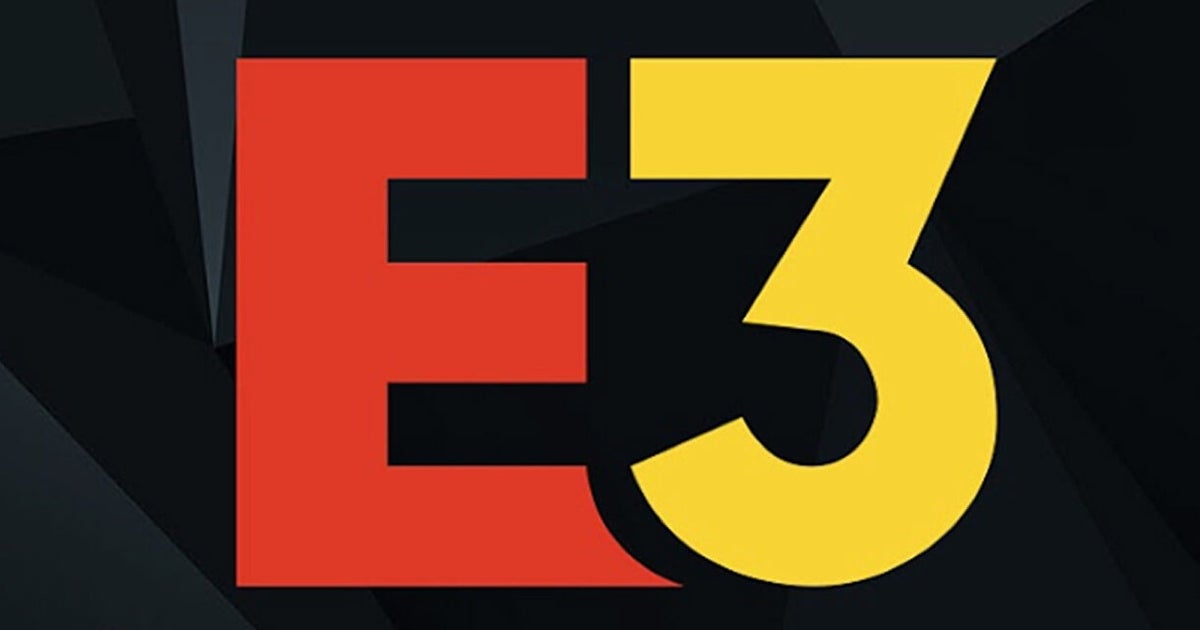@hughJ gets it.
The biggest problem with E3's perception is that the more recent E3's have been the larger companies marketing directly to the consumer. Those big E3 presentations are unlike what would be shown behind closed doors. As much as I love to watch Devolver's show each year, that is 100% a consumer product.
It is easier now for companies to market directly to consumers for many things, especially with many retailers planning on fazing out physical media. The areas where I do believe a trade show like E3 would have substantial value for video games would be in the accessories. Remember when 3rd party controllers were absolute garbage? What if you make a good one and want to sell one to retailers? Having people in the supply chain at a location where they are able to try a product and are there with the express interest in finding new product could mean the difference between a successful product and a great product that nobody can buy. The industry is bigger than just the console manufacturers and the larger publishers, and it's now harder for the upstarts that are making physical goods to get them to market. It wasn't really that long ago that Turtle Beach was a PC soundcard company that went to E3 trying to shell people on $1100 gaming headsets for Xbox 360 and PS3. I doubt the gaming headset market would be as successful today without that push, and without that push, I don't think you would have had higher end gaming headsets available at "normal" stores like Walmart and Target.
I'd like to add to this. E3 was never absolutely necessary to the big publishers other than a forum through which they could more easily find new IP and new developers to publish. That, of course,
was important, but with modern AAA game development favoring established IP and necessitating low risk investments (futher pushing publishers to established IP and established big name developers) there is no need for large publishers of a trade show.
Smaller developers and smaller publishers are who really needed E3 or a similar trade show and still do to this day. Raising funds is difficult if you are small or unknown, E3, was a forum for people interested in investing in games to meet up with developers looking to get a game idea or project funded. This is still incredibly needed in this day and age. While they do have the ability to self publish now and crowd funding exists to a more limited extent than it did a few years ago, it's still extremely difficult to get the funding for more ambitios game projects.
Arguably with larger publishers almost completely pulling away from investing in new IPs and new developers, a trade show for the games industry is now more important than ever for the video game industry, unless we're happy with development increasingly focused on retreading and rereleasing remakes of older games or new games in existing IP.
And yes, while smaller independent developers may cheer on the more limited influence publishers have, they ignore that without those large publishers investing in new IP from new developers they've basically been cut off from one of the largest or the largest sources of funding for ambitious game development ideas.
One aspect of trade shows, however, is almost irrelevant now and that is the physical retail market. Unless something changes, digital is the future and physical retailers are going to be increasingly irrelevant in video gaming's future.
So, yes, it's a bit of a shame that the large AAA publishers from whom E3 got most of its funding don't need a large trade show anymore because they aren't interested in finding or funding new IP and new developers.
Regards,
SB

